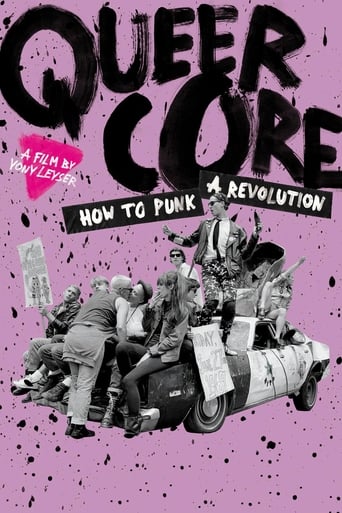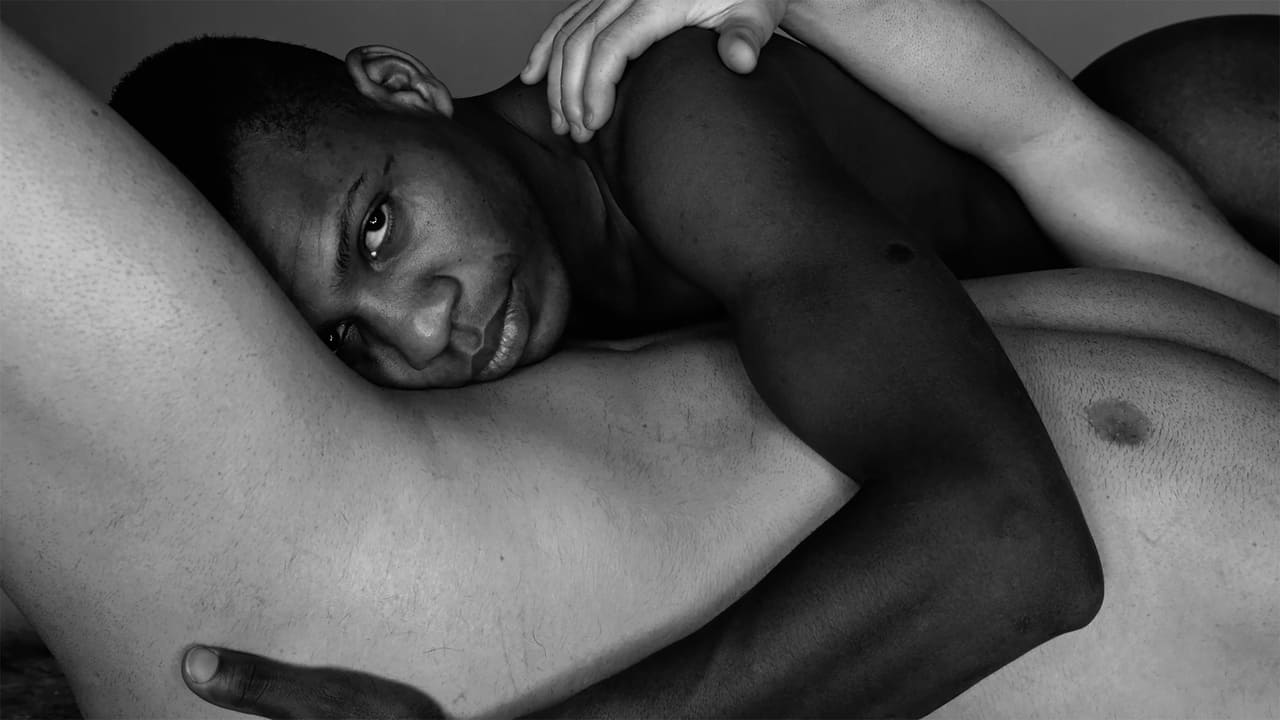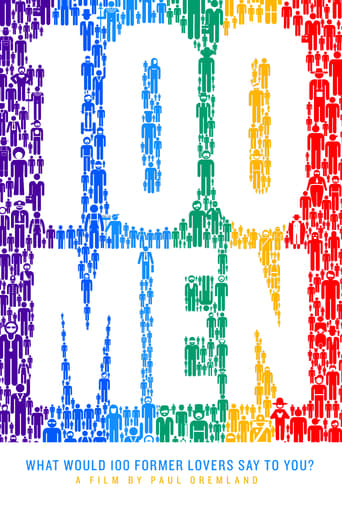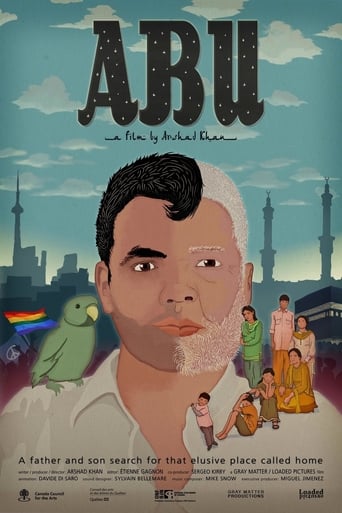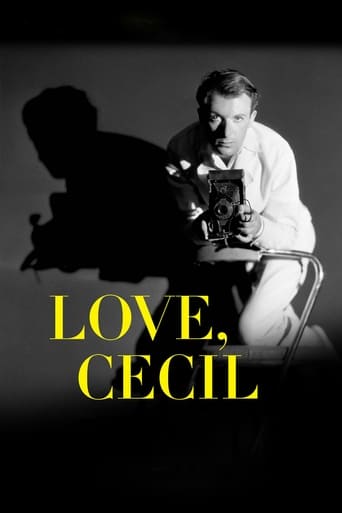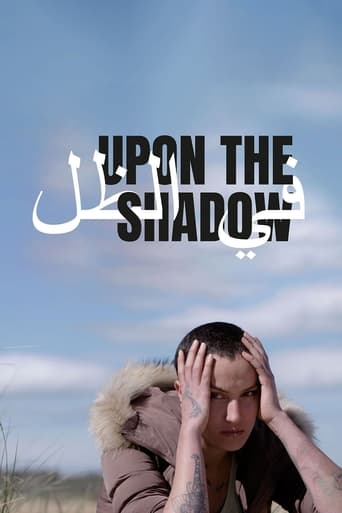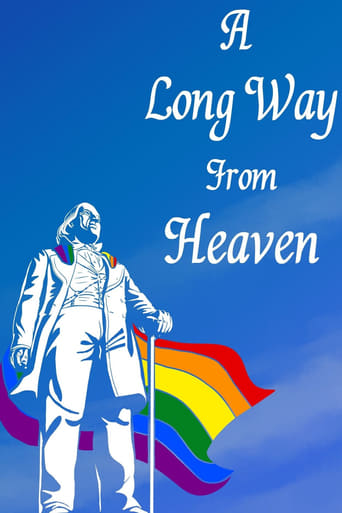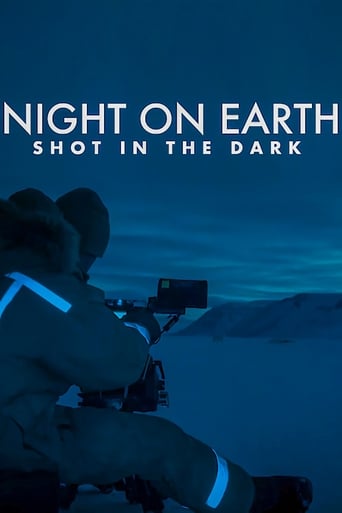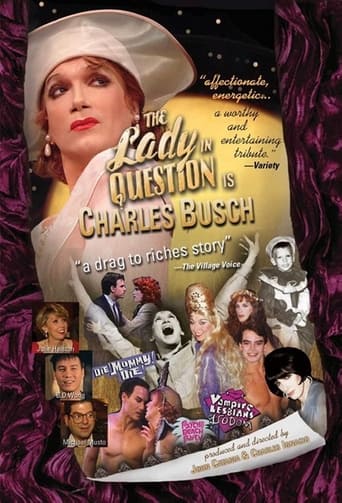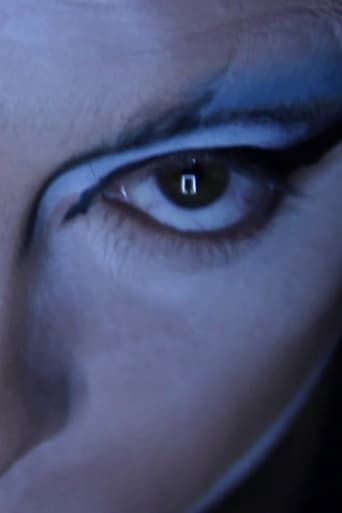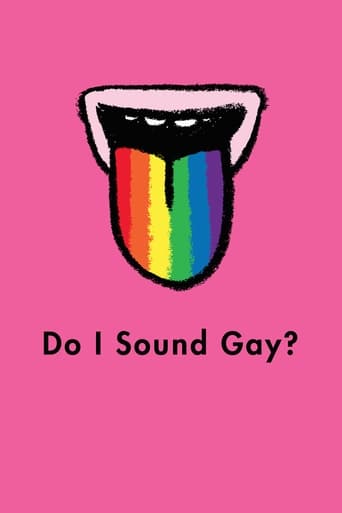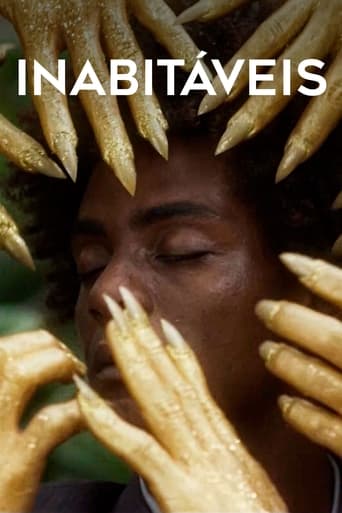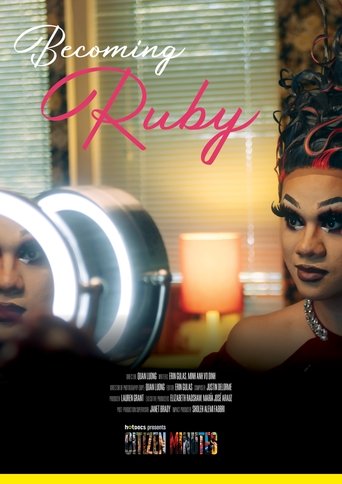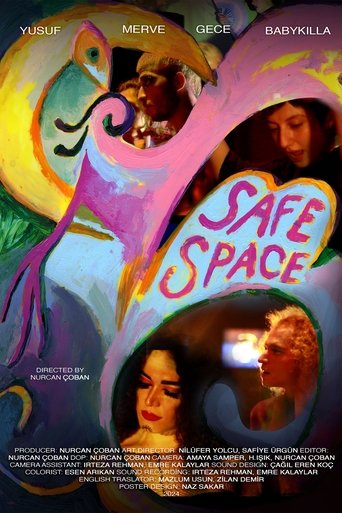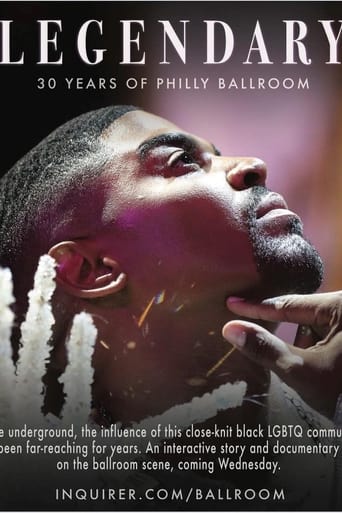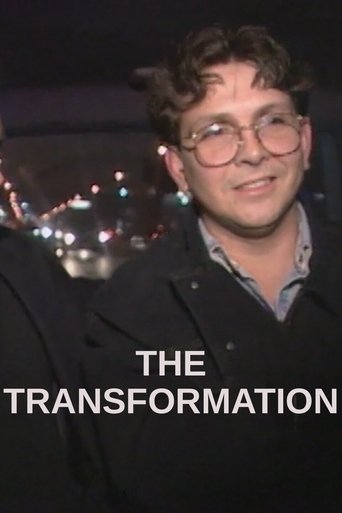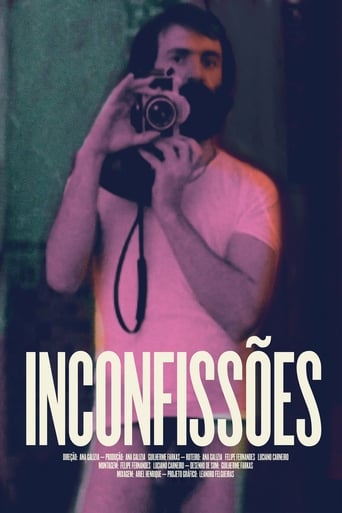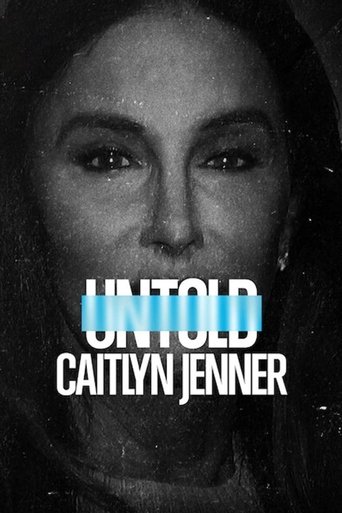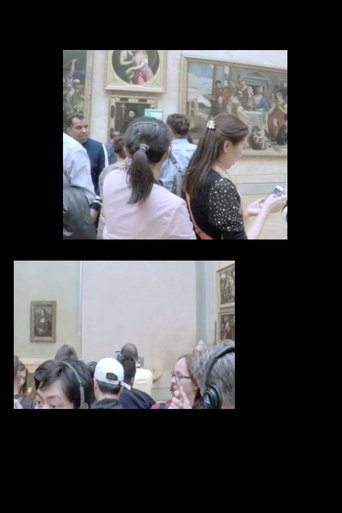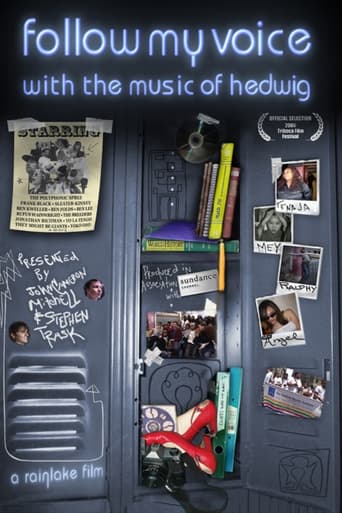
Follow My Voice: With the Music of Hedwig
One record producer, the creators of "Hedwig and the Angry Inch" and top indie rock artists come together to create a tribute album benefiting the Hetrick-Martin Institute, home of the Harvey Milk School- the first accredited high school in the country for LGBTQ youth. "Follow My Voice: With the Music of Hedwig" weaves the compelling, courageous stories of four students at this controversial school with a unique chronicle of the yearlong creation of "Wig in a Box," the album whose songs poignantly echo these teens' struggles and aspirations. Through a dramatic and vibrant combination of verite documentation, student video diaries and rare in-studio scenes of artists recording tracks, "Follow My Voice" offers a powerful and poignant look at this unlikely intersection of youth, gender and rock. Includes studio sessions from Yoko Ono, Rufus Wainwright, The Bens, The Breeders, Yo La Tengo, John Cameron Mitchell, They Might Be Giants and more.
